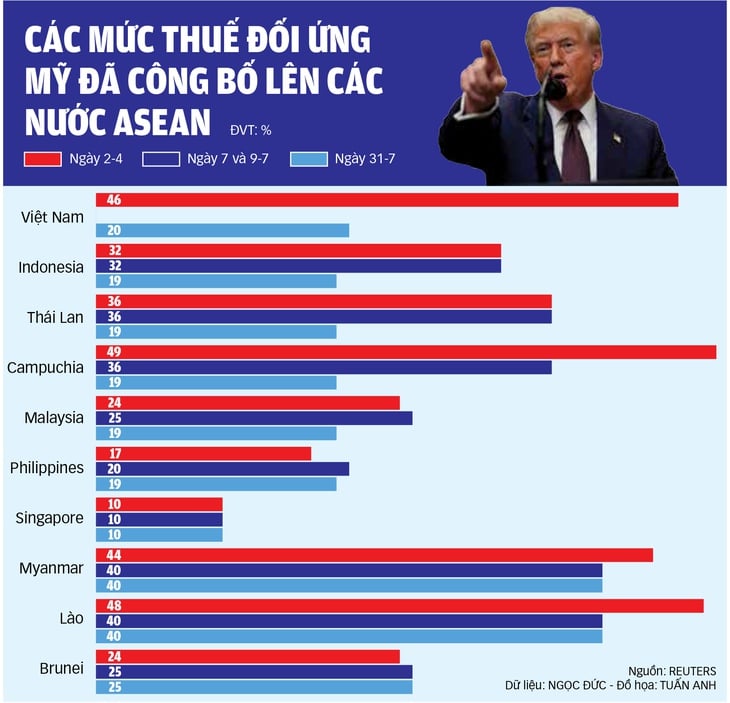
President Donald Trump at the White House on July 31, the day the US announced new tariffs on dozens of trading partners, including the ASEAN bloc - Photo: REUTERS
ASEAN countries are allowed to somewhat "breathe a sigh of relief" about Mr. Trump's tariff decisions, but must still be vigilant about the uncertain developments of international trade in the future.
ASEAN optimistic
Essentially, Mr. Trump's executive order divides countries into four tax groups: countries with a trade deficit with the US will be taxed at 10%; countries with a trade surplus with the US with a small trade deficit will be taxed at 15%; countries with a trade surplus with the US with a large trade deficit will be taxed at about 20%, and an exception group.
In ASEAN, Singapore is the only country with a trade deficit with the US and is subject to a 10% tax. The six countries with large trade surpluses are Indonesia, Thailand, Vietnam, Malaysia, the Philippines and Cambodia, which are subject to a 19-20% tax.
Brunei, which has a basically balanced trade balance, is subject to a 25% tariff. However, this does not have a large impact because its trade with the US is so small. The two highest taxed cases in the bloc, Laos and Myanmar, both face up to 40%.
Thus, in general, ASEAN economies with trade surpluses with the US are subject to the same tax rate. This has dispelled the biggest concern of the bloc's members about paying higher taxes and weakening their competitiveness with neighboring countries.
Mr. Brian McFeeters, CEO and president of the US-ASEAN Business Council, said that because the reciprocal tariffs for Southeast Asian countries are "the same or nearly the same", there will not be a "major shift" in production activities.
Former US Consul General to Hong Kong and Macau Kurt Tong also assessed: "The tariff gap between countries is so small that I don't think there will be a diversion of production capacity within ASEAN due to US tariffs."
This has made governments of many countries happy. Thai Acting Prime Minister Phumtham Wechayachai said on the afternoon of August 1: "The 19% tax rate on Thai products is equal to that of many countries in the region. This is good news. The Thai government is preparing for the important step of issuing the Thailand-US Joint Statement, which has been drafted by representatives of both sides."
Malaysia's Ministry of Investment, Trade and Industry also confirmed that the reduction to 19% was the result of continuous negotiations between the two governments. They stressed that Malaysia had "firmly defended" many of the "red lines" and achieved the new tax rate without sacrificing the country's sovereignty in key policies. "This is a testament to Malaysia's reputation as a reliable trade and investment partner," said the minister, Zafrul Aziz.
Market developments in many ASEAN countries also partly reflect this optimistic sentiment. In contrast to the red that flooded major markets, the stock indices of Indonesia, Malaysia and the Philippines on August 1 all increased slightly by 0.7 - 1.3%.
The game is not over yet
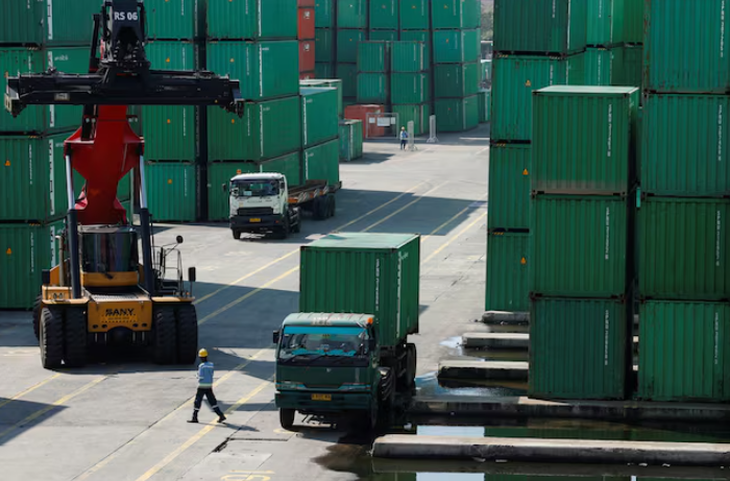
A cargo container is unloaded from a truck at Tanjung Priok Port in North Jakarta, Indonesia, July 8, 2025 - Photo: REUTERS
Mr. Trump’s executive order states that the new tariffs will officially take effect from 0:00 on August 7 (Washington time). The US President also publicly left open the possibility for countries to negotiate further.
Speaking to NBC News on the evening of July 31, President Trump asserted that it was “too late” for other countries to avoid the tariffs, which will officially take effect next week. However, he emphasized that he was still open to attractive offers: “That doesn’t mean that in four weeks, someone won’t come along and say we can make some kind of deal.”
In fact, most of the "agreements" that Mr. Trump announced to have reached are only framework agreements and no official legal documents have been signed. In Southeast Asia, only Indonesia has released a joint statement with the US detailing the content of the agreement. Negotiations on the technical details of the reciprocal agreement will continue in the coming days and the situation may change continuously.
“ASEAN countries have engaged in constructive negotiations with the US administration and there may be room for tariff adjustments or other changes in the coming months,” McFeeters said.
A key element of that process is the separate tariffs on strategic industries. In April, for example, the White House excluded smartphones, computers, and a number of other electronic components from the reciprocal tariffs. Commerce Secretary Howard Lutnick warned at the time that this was only a temporary measure, and that these products would be subject to separate tariffs in “a month or two.”
This means that technology companies like Apple and Samsung and the countries where their factories are located, even if they can "avoid" reciprocal taxes, still face the risk of industry taxes in the near future.
The most obvious example is the case of Taiwan, a major semiconductor supplier to the US. The island's leader, Lai Ching-te, has publicly stated that the current 20% tariff is only "temporary" because "the US and Taiwan have not yet completed the final concluding meeting". He believes that if an agreement is reached later, the tariff is expected to be reduced. Reuters news agency quoted a US official as confirming this information.
Perhaps the most complicated issue is the regulation on transshipment. The new decree stipulates that goods identified as transshipped to avoid US taxes will be subject to a 40% tax, but does not provide a clear definition of this concept.
Under the order, the US will publish a list of countries it considers to be used for tax evasion every six months. However, the definition of what constitutes a “transfer for tax evasion” remains vague, creating a significant legal gray area. Countries may still have to actively lobby Washington to avoid being included on the list.
With the above uncertain factors, ASEAN countries need to continue to make efforts to negotiate with Washington to protect their economic interests in the context of constantly changing US trade policy.
America still values ASEAN
During 122 days of negotiations, in addition to strategic allies such as the UK, the European Union (EU), Japan and South Korea, the trade agreements announced by Washington were all with ASEAN countries.
Sharing with Tuoi Tre about this issue, international political expert Collins Chong Yew Keat (University of Malaya, Malaysia) assessed that this is a strategic move by the US in maintaining its influence in the region, as well as ensuring that ASEAN "does not fall further into China's orbit" and become a market to help Beijing avoid the impact of tariffs.
Mr. Chong commented that Mr. Trump wants to use tariffs combined with security commitments to push countries in the region to "secure supply chains and important mineral resources that serve Washington's interests."
Washington also wants to send a “strong message” to the region that despite the Ukraine and Middle East issues, the US role and presence there remain unaffected. The tariff cuts are seen as part of an overall “carrot and stick” strategy that both ensures US tariff revenue and opens up opportunities for US companies and investors to penetrate regional markets.
Source: https://tuoitre.vn/thue-quan-moi-cua-my-thang-loi-tam-thoi-cho-asean-20250802074634277.htm



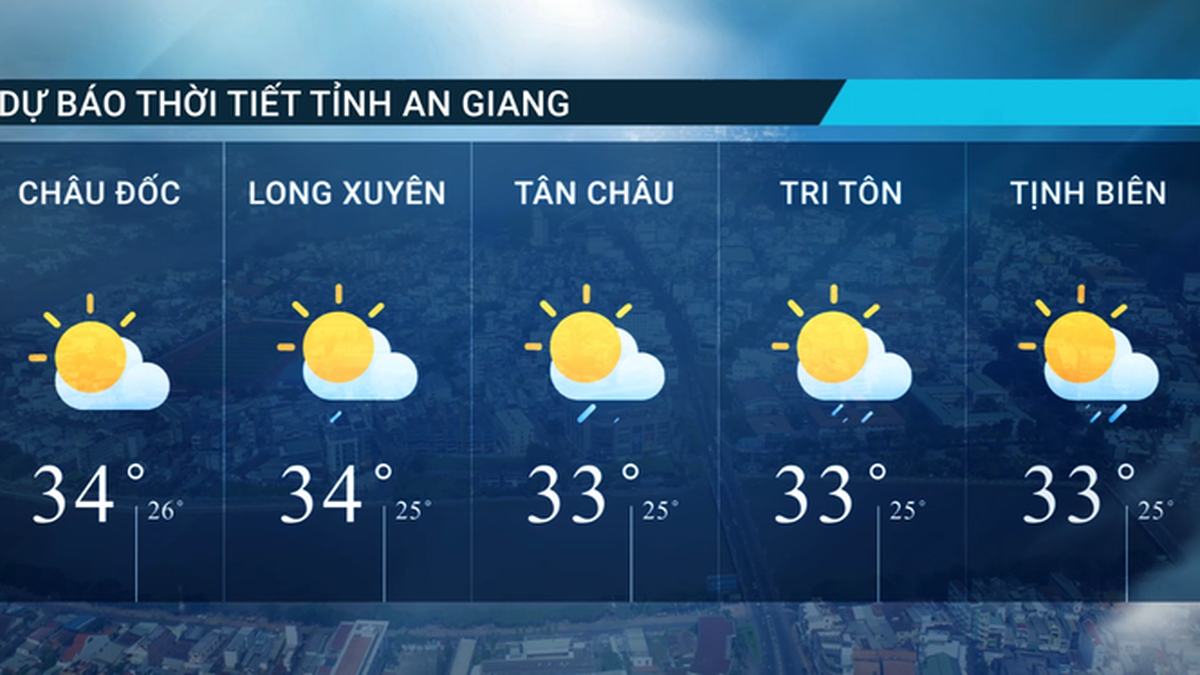
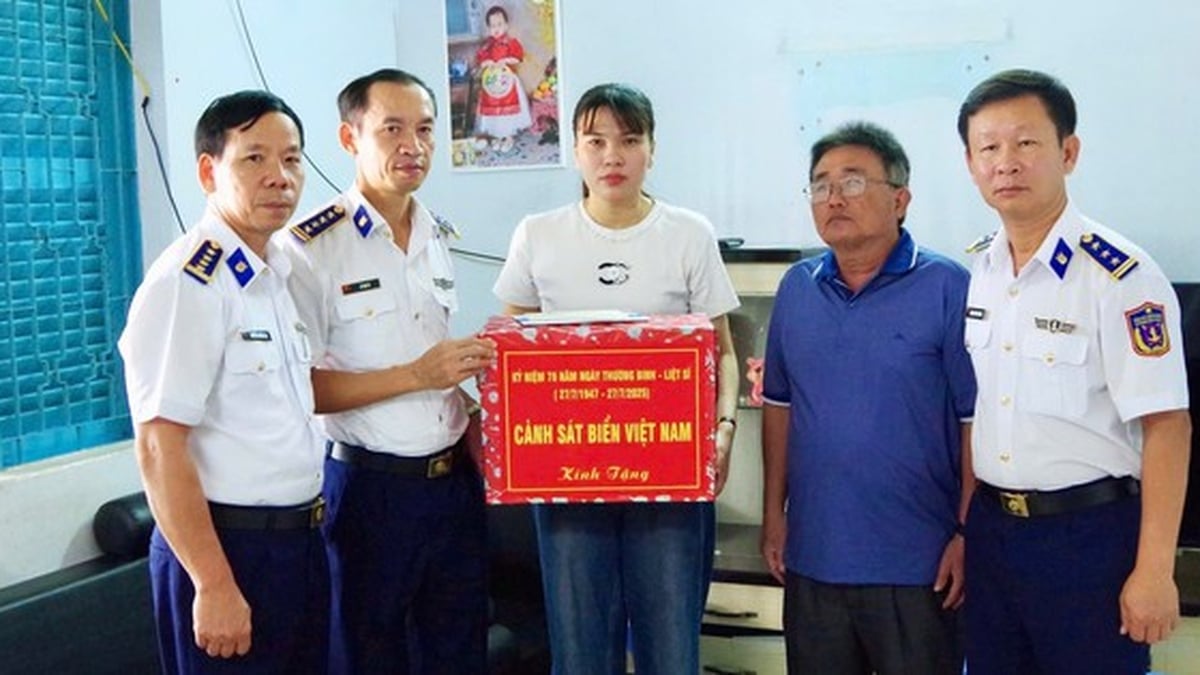
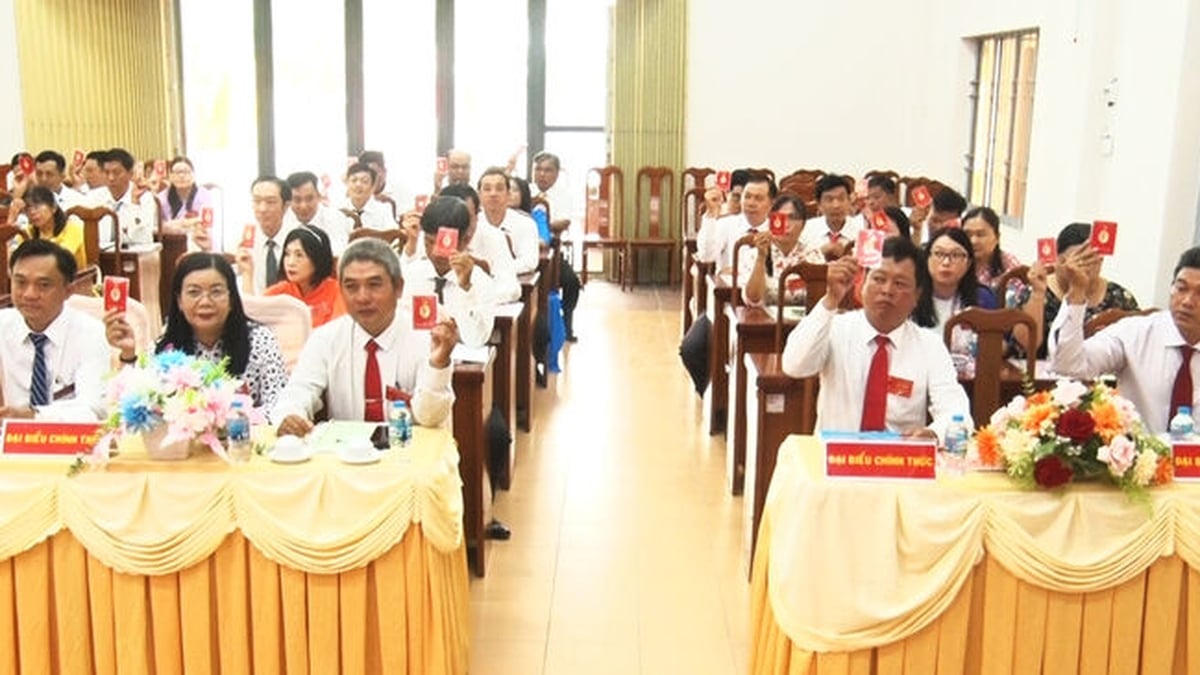



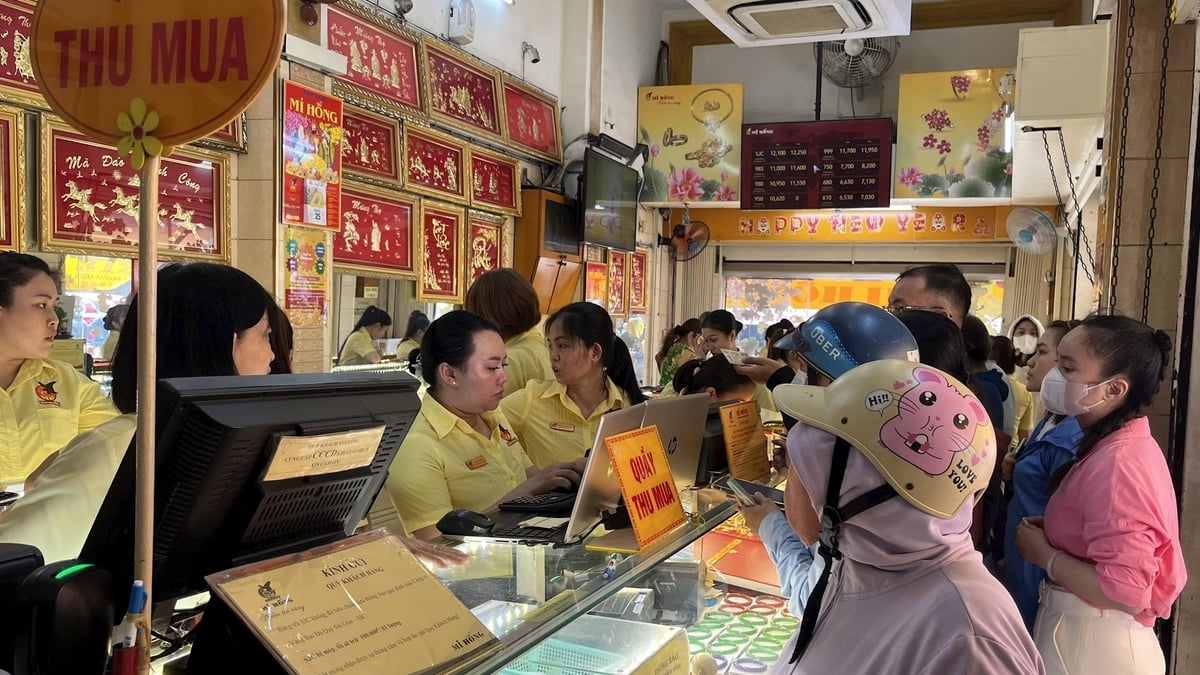






















































































Comment (0)